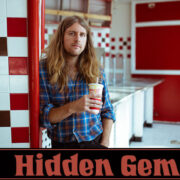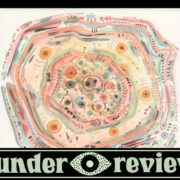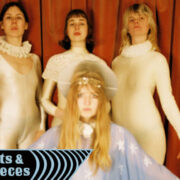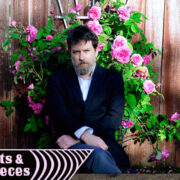Masaki Batoh on Pearls Before Swine – Balaklava 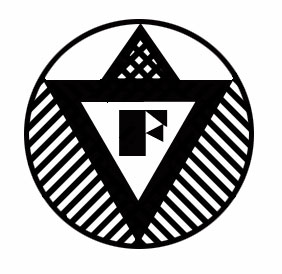
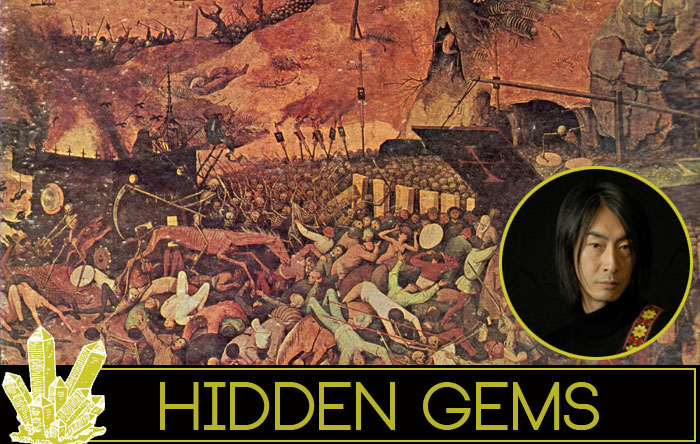
As I mentioned in the review a few days ago, the work of Masaki Batoh has a pretty strong foothold in the roots of RSTB. Ghost in particular is a personal favorite, but the guitarists’ work has touched on higher burning psychedelic forms with The Silence and Cosmic Invention, twisted through experimental norms in his solo work and resonated deeply in his works with collaborator Helena Espvall of Espers. The latest solo outing, though, has felt like a coming home to the psychedelic folk and blues that first gripped me. As such its great to have Batoh contribute to the ongoing Hidden Gems series and tackle a release that he feels might not always get the proper due it deserves. Check below as Masaki discusses finding Pearls Before Swine’s underground classic Balaklava and the impact its had on his own writing.
The record came into the Batoh’s life through fairly ordinary means, relatable to many collectors. ” It was one of the “cut board records” in bargain price record boxes at a second hand record shop in Shibuya, Tokyo around late ’70s,” he recalls. “In the heat, in the midst of crazy hot summer day I walked 20 minutes from station. Balaklava, its awful front cover art shook me. After ten years, though, I went to Madrid to meet that medieval picture of Peter Bruegel.”

When I asked what made the record so essential, and if it had an impact on his own writing, he elaborated, “It’s a true beginning of acid folk. I do not like this category name though. Every essential materials of Rock & Folk music is in – love and hate, daydream and nightmare, ying and yang, humanity and violence, anti-corruption and corruption of human being, Tautology and philosophy, myth and ordinary life, vulgar herd and swayer AND “Anti-WAR”. The FBI kept watch on him due to his first Vietnam anti-war song in USA. It’s delightful merit and most big influence on me. Thank you Tom Rapp, my father of music been kind to me since 1997 to 2018. We miss him.”
Though the album was largely an underground affair at the time of its release, appearing on the now legendary ESP records, the shadow of Rapp’s classic has loomed large. Countless unofficial represses lead to a definitive version last year via home of Batoh and Ghost, Drag City, for the album’s Fiftieth anniversary. While its not the kind of album that has a household imprint, for a class of psychedelic folk artists, its a touchstone that can’t be ignored. I wholeheartedly second the recommendation to explore this and most of Rapp’s catalog at length. Both this and Nowhere, Masaki Batoh’s latest, can be found from DC.
Support the artist. Buy it HERE.



